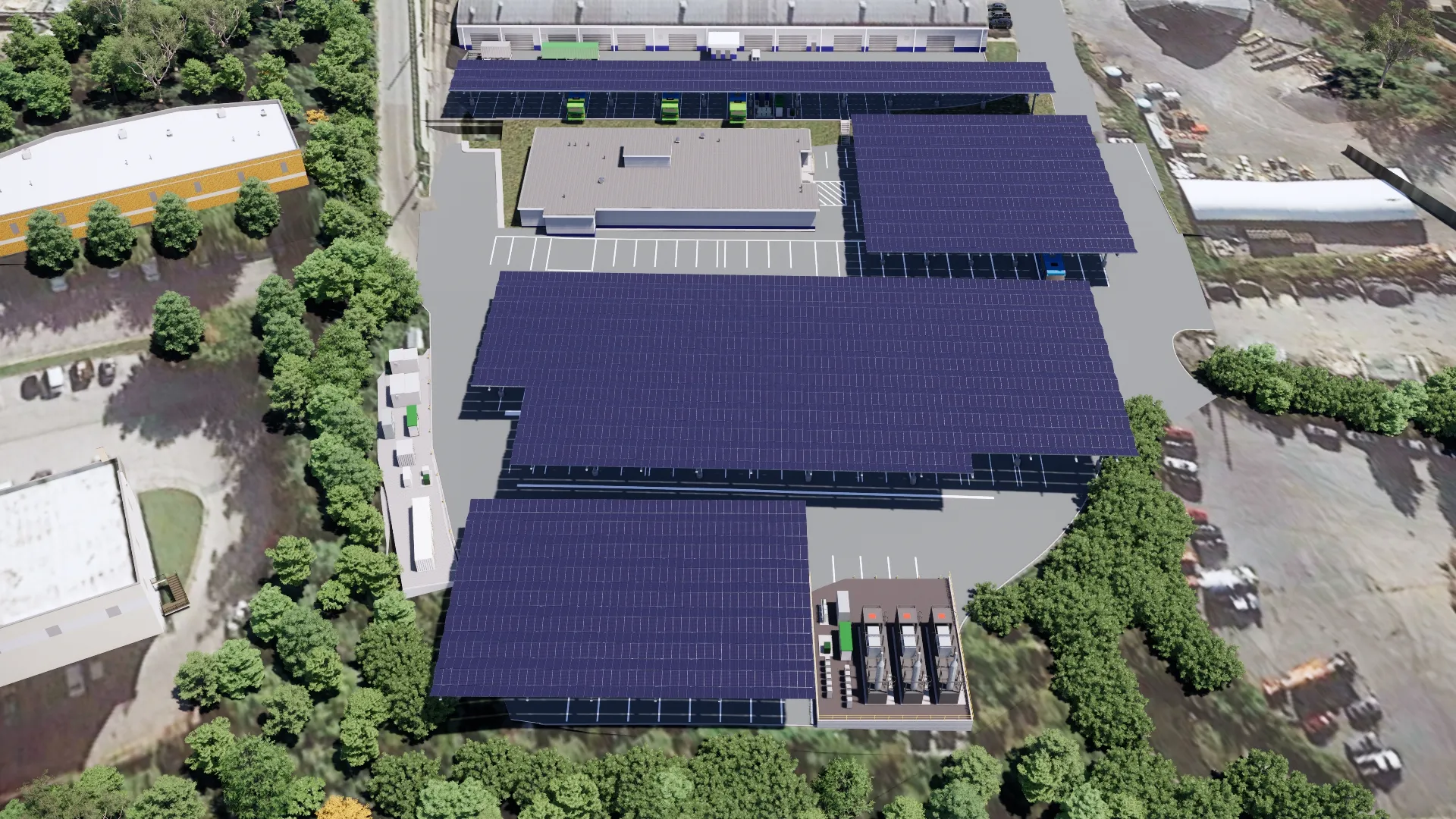An innovative infrastructure project proposed by The Interstate Traveler Company (ITC) has won strong backing from the Michigan House of Representatives Task Force, as well as being awarded a Michigan's Going Green Award.
February 1, 2012
Read time: 2 mins
An innovative infrastructure project proposed by The 277 Interstate Traveler Company (ITC) has won strong backing from the Michigan House of
Representatives Task Force, as well as being awarded a Michigan's Going
Green Award.
ITC plans to build a self-sustaining magnetic levitation HyRail transportation system and clean energy solution that will carry people, cars and freight at high speed while creating and storing excess energy generated from solar power. The system would also provide a conduit to distribute electricity, potable water, fibre optics, hydrogen and other vapour- and liquid-based resources.
ITC says the project would not need any taxpayer funding to build or maintain. In fact, the company proposes a revenue-sharing model (in exchange for expressway rights-of-way to build the rail) that will provide monies to various government entities at the federal, state, county and local municipal levels. ITC therefore becomes a significant 'taxpayer' and relieves the burden of taxes on Michigan's citizens, rather than adding to their tax burden.
Michigan's Task Force recommendation concerning the project states: "This company (ITC) offers the opportunity to single-handedly change Michigan's future by providing thousands of temporary and permanent jobs, providing the federal, state, and local governments with millions of dollars to their tax bases, while also expanding our electrical grid. The members of the task force believe this project could potentially boost Michigan to the forefront once again for business relocation and reinvention, while allowing Michigan to again become the nation's envy."
ITC plans to build a self-sustaining magnetic levitation HyRail transportation system and clean energy solution that will carry people, cars and freight at high speed while creating and storing excess energy generated from solar power. The system would also provide a conduit to distribute electricity, potable water, fibre optics, hydrogen and other vapour- and liquid-based resources.
ITC says the project would not need any taxpayer funding to build or maintain. In fact, the company proposes a revenue-sharing model (in exchange for expressway rights-of-way to build the rail) that will provide monies to various government entities at the federal, state, county and local municipal levels. ITC therefore becomes a significant 'taxpayer' and relieves the burden of taxes on Michigan's citizens, rather than adding to their tax burden.
Michigan's Task Force recommendation concerning the project states: "This company (ITC) offers the opportunity to single-handedly change Michigan's future by providing thousands of temporary and permanent jobs, providing the federal, state, and local governments with millions of dollars to their tax bases, while also expanding our electrical grid. The members of the task force believe this project could potentially boost Michigan to the forefront once again for business relocation and reinvention, while allowing Michigan to again become the nation's envy."









